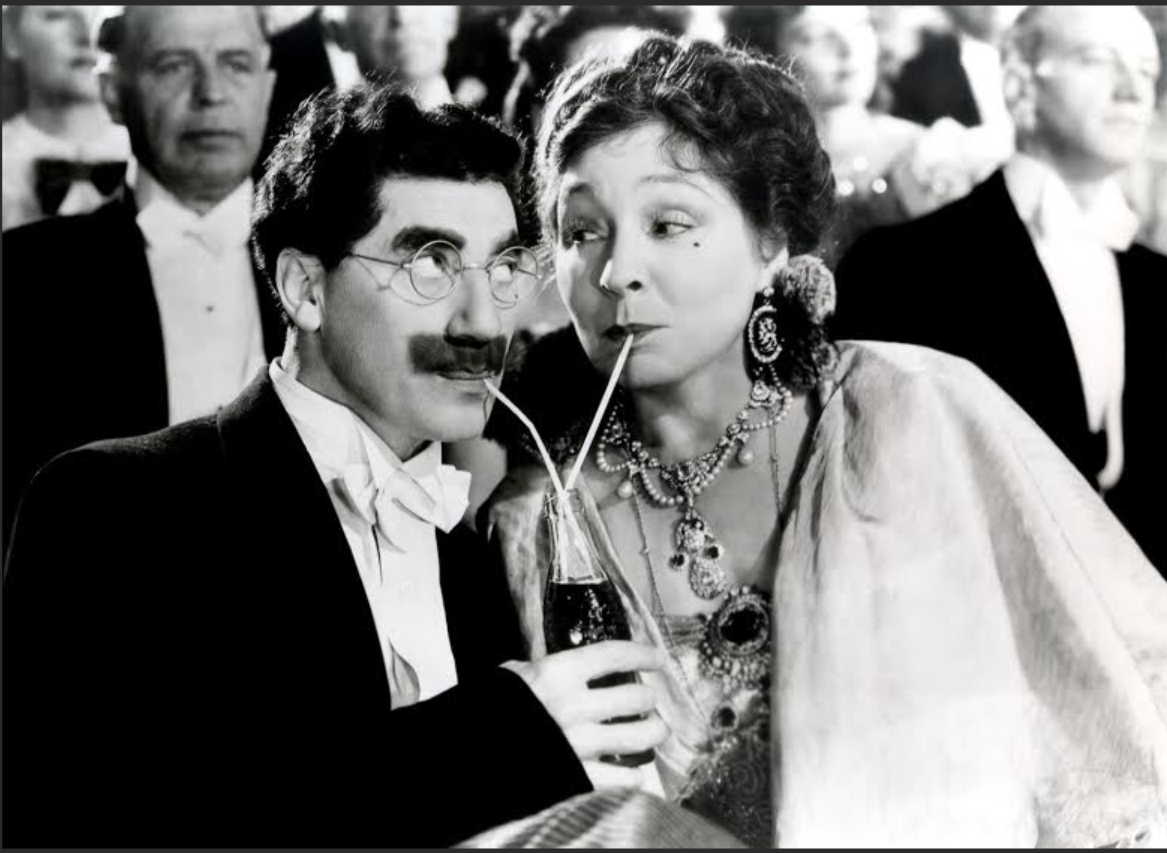
An Afternoon at the Opera
I can’t quite recall what possessed me to buy the tickets. I had been to one other opera … I forget which one … and absolutely hated it. I mentioned to a friend I was going to the opera … “On purpose?” he asked. I am nearly 70 years old. The notion of adding a cultural layer at this age is far-fetched. So expectations were low … if the tenor managed to keep his pants from falling down, we could probably call it a success. I sprung for some nice seats, center Orchestra, about 12 rows back. For the last opera I needed oxygen due to the altitude … perhaps being closer to the action would help.
The particular opera I chose, blindly, was Rigoletto by Verdi. That’s not completely true … my companion is Italian, so I figured why take chances, stick to the home country. The performance was at the Metropolitan Opera in New York City, a Sunday matinee. Another shrewd calculation on my part … If I had dinner after the show, the likelihood of staying awake during the show improved markedly.
Prior to show day, I made a modest effort to give the genre a chance. First, I read a synopsis of the plot. It was clearly Italian … what with several seductions, a curse, a kidnapping, revenge, a stabbing and tragic regret. Standard stuff. The main character, Rigoletto, is a jester in the court of the Duke, and has a hump. A more culturally sophisticated friend summarized the plot as … things don’t work out well for the guy with the hump.
Another friend once described opera as several wonderful arias, strung together by some mediocre music. I tried to add a bit more color to that assessment by reading a recent appreciation of opera, Weep, Shudder and Die by Dana Gioia. Opera is a collaborative form, librettist and composer. Many composers of great operas never produce another gem when they lose their librettist. It’s the poetry of the librettist that inspires the composer, even though the composer gets all the credit. When the collaboration works, its magic. Hundreds of operas have been written and performed over the centuries, but only a few endure, only a few have the magic. Rigoletto is one.
Show day. My date had spent the prior week worried about what to wear. Visions of tuxedos and gowns haunted her. She did not want to be underdressed, but it was a matinee. In the end she chose a lovely dress, to which the first major snow of the season forced the addition of snow boots. Not a happy camper. She need not have worried. Other than the woman taking selfies of herself a few rows over, dressed it what appeared to be a black shower curtain, there were no gowns, but plenty of sweatpants. I have written a before about the down dressing of society, such a pity, particularly is such a spectacular space as the Met. It is, perhaps, the largest opera venue in the world, with a huge orchestra section, and 6 or so tiers above with boxes along the sides. Seats primed for napping, with translation screens in front of every seat.
Lights dim, the overture plays and the curtain rises. The sets take your breath away. The stage is as tall as the tiers of seats, so the set design is immense and magnificent. This production of Rigoletto was set in Weimar Germany (singing Italian, a little weird). It opens in the Duke’s court, with men in uniform and women in the gowns the patrons forgot to wear. The story is not complex … intrigue starts right away. The set rotates to expose different facets, adapting to the changing plot. Gioia asserts that the combination of poetry and music, throughout, creates an emotional intensity unlike any other art form. That is why people go back to the same operas time and again, even though they know what will happen.
And the voices. The Soprano, a petite woman, plays Gilda, target of the Dukes seduction, Somehow, she fills the immense hall with her voice, without amplification. The Duke, swarmy and charming, sings with a silky tenor. And Rigoletto, so tragic as the court fool seeking a father’s revenge. We were completely captivated, beginning to end. When the curtain goes down, we file out into the snow. What should we see next?